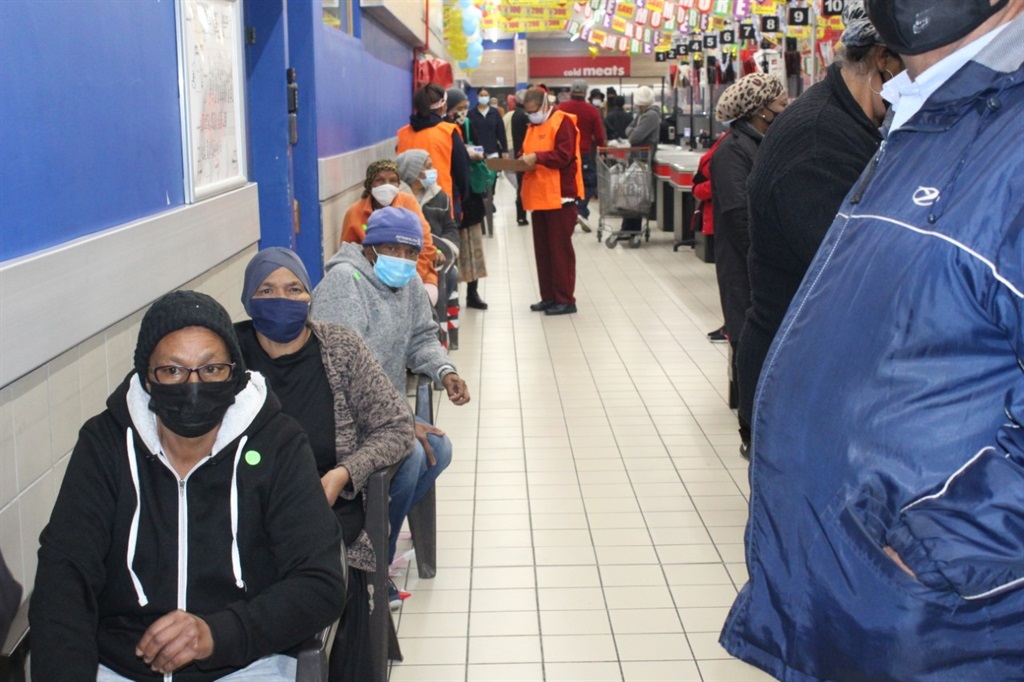- The national health department wanted to vaccinate 250 000 people per day by the end of this week.
- Vaccination sites in KwaZulu-Natal have been closed because of the unrest.
- KwaZulu-Natal only recorded 4 979 vaccinations on Thursday.
Days of unrest in Gauteng and KwaZulu-Natal have dealt a blow to the national government's target to vaccinate 250 000 people per day.
By the end of this week, the national health department wanted to meet that target, but unrest plaguing Gauteng and KwaZulu-Natal has thwarted this.
The country recorded 16 435 new Covid-19 cases on Thursday. There were also 377 new deaths.
The National Institute for Communicable Diseases (NICD) said while the number of cases seemed to be decreasing, it was "not necessarily a reflection of current community transmissions" because the unrest stopped people from visiting testing sites.
During the unrest that started after the imprisonment of former president Jacob Zuma, pharmacies have been among the facilities targeted and attacked, severely impacting vaccination plans.
The S Pharmacy Council said more than 90 pharmacies have been destroyed beyond revival, mostly in KwaZulu-Natal.
Sites temporarily closed
Clicks and Dis-Chem have closed their stores – including some that serve as vaccination sites – in high-risk areas as a result of the violence.
On Thursday, 14 Dis-Chem stores were closed in Gauteng, one in the Western Cape and 24 in KwaZulu-Natal.
Gauteng health department spokesperson Kwara Kekana said public vaccine sites were only temporarily closed in the province.
While they are now all open, Kekana said there had
been a decline this week in the number of people visiting vaccination sites as
a result of protests.
City of Tshwane spokesperson Selby Bokaba said despite violent protests in areas like Mamelodi, they had not had to close sites. Instead, on Thursday the City increased the number of sites by three to 29.
KwaZulu-Natal, which had been recording some of the highest vaccination numbers nationally, has in the last five days recorded some of the lowest.
By last week, the province had the largest number of people who were fully vaccinated at 5.1%.

